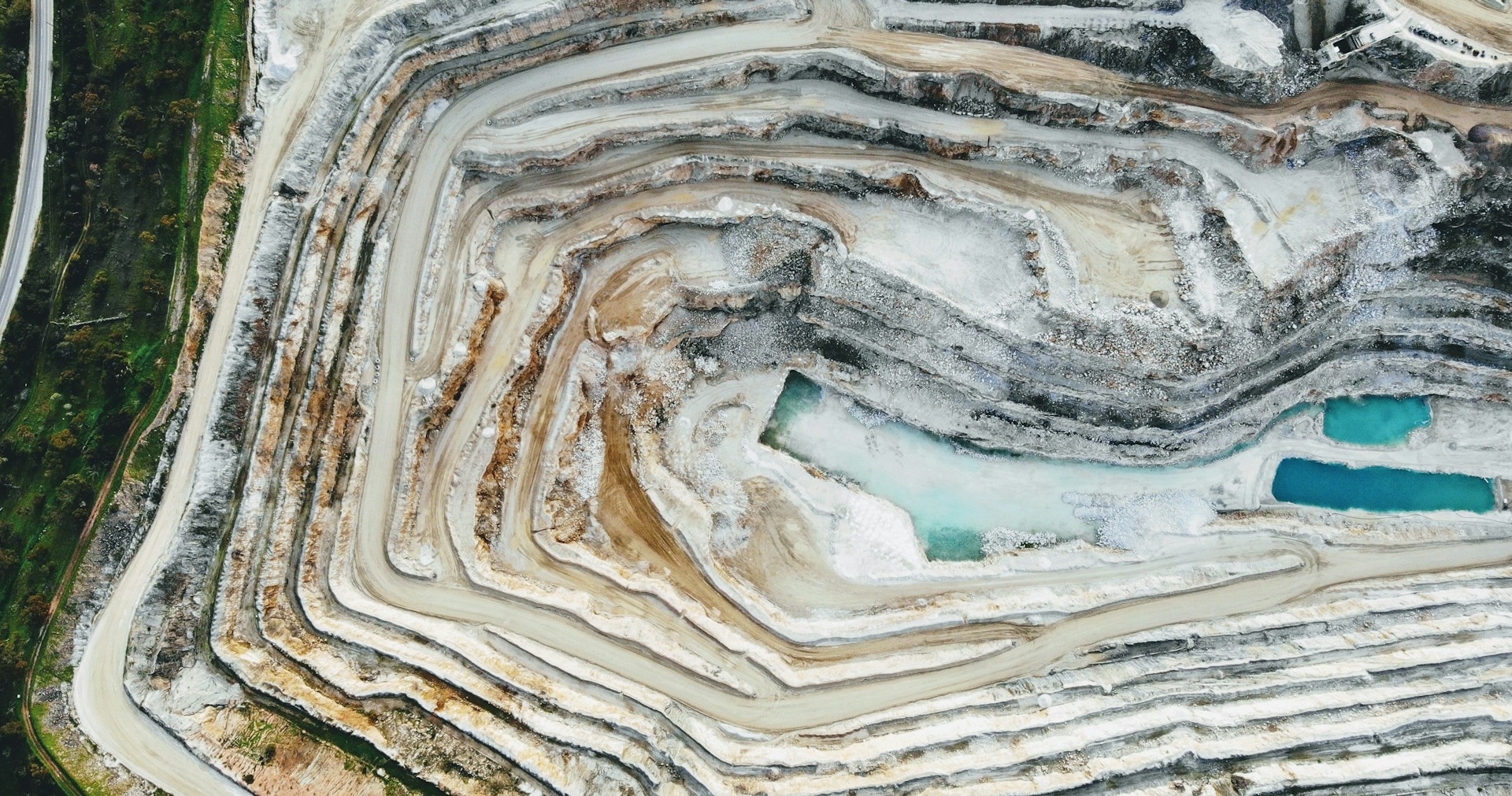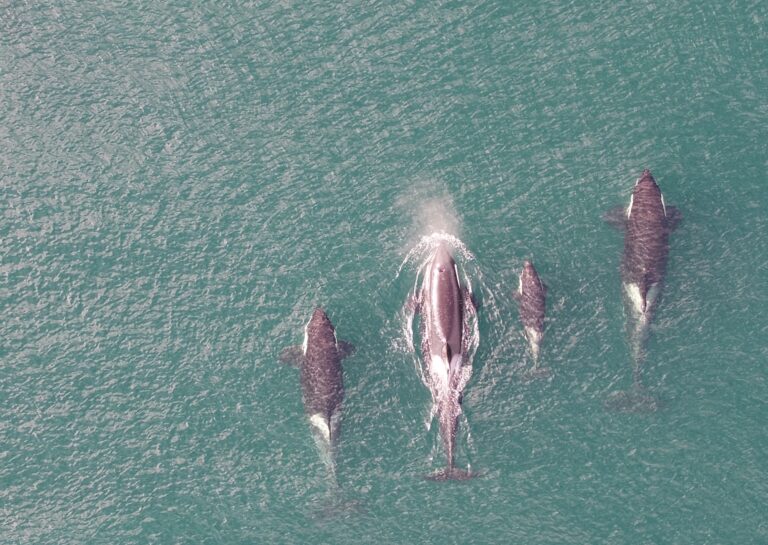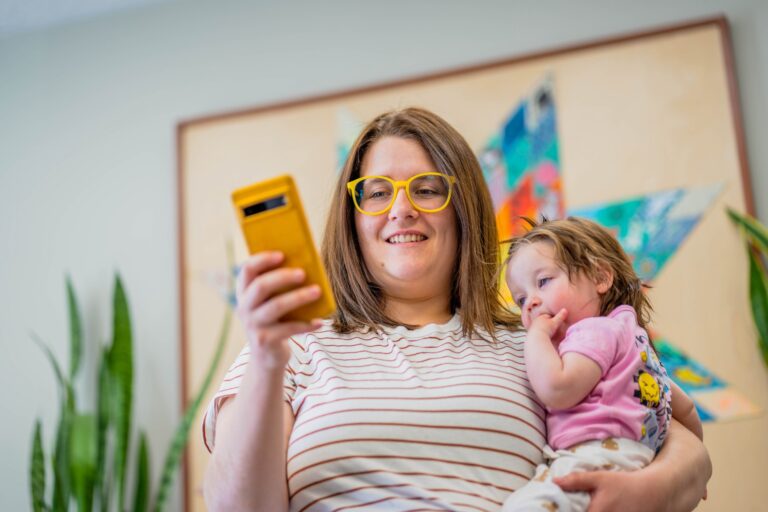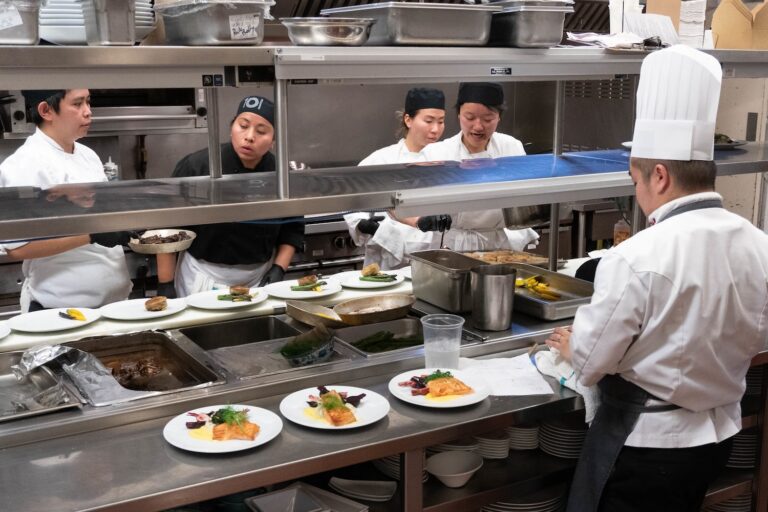How art can help us talk about the green transition
Elders, researchers and musicians are using art to get people talking about the challenges and opportunities of a transition to renewable energy.

Elders, researchers and musicians are using art to get people talking about the challenges and opportunities of a transition to renewable energy.
The Heavy Metal Suite concert premieres on Earth Day, featuring individual musical movements inspired by the critical elements needed for the green transition, such as copper, zinc and silicon—the essential ingredient in computer chips. In fact, the silicon movement was partially composed by AI, meaning that a computer wrote music about its own innards.
A companion free ebook of essays by international experts examines the different aspects of mineral exploration and mining for a sustainable future.
In this Q&A, authors Elder Allen Edzerza of the Tahltan Nation and Dr. Philippe Tortell, professor in the UBC department of earth, ocean, and atmospheric sciences, discuss why talking about minerals can help in the fight for our planet.
How does art help us talk about the green transition?
PT: We’re trying to ignite a conversation about, and a deeper connection to, the critical minerals required to move away from fossil-fuel derived energy. We walk around with these metals in our pockets and on or sometimes in our bodies, like the gold in our dental fillings. But despite our close relationship with these metals, we don’t know where they come from or go to when we’re finished with them. We need these minerals, and lots of them, for sustainable energies, but mining has a long, problematic history. We can’t mine our way out of climate change by using methods and approaches from the past. The concert and book aim to help people understand the long chain of events that occurs from the ground to their devices, while also providing a deeper appreciation of the issues and solutions at hand. There’s reason for optimism, but we’ll need a lot of people pulling together.
What do you hope people will take away from the book and concert?
AE: Our Elders tell us the Great Spirit is speaking to us: we’re seeing more violent storms, rivers are getting lower, waters are getting warmer. It’s up to us to stop and listen, and act to make a difference. Indigenous people understand that metals are an important part of our everyday lives: in communications, in transportation, in the vitamins we take, in the brass instruments that play the Heavy Metal Suite.
As we say in the book, the mining industry in Canada now sits at a critical juncture. We must hurry up, but we must also slow down. We need to act, but the way mining is done currently needs to be modernized. Aboriginal title and rights must be recognized and respected, the land and resources must be managed more responsibly, environmental protection is essential, and our communities must benefit from these resources. Most of the land in British Columbia is unceded. Recognizing Aboriginal rights and title and securing their support creates certainty for their mining projects as they seek financing and make their decision to invest in the development of their mining projects.
What is the path forward?
AE: We need to see a shift towards partnership, collaboration and mutual respect between Indigenous and non-Indigenous people. That means shared decision-making, shared benefits and revenues, and shared management between First Nations and provincial and federal governments. There are two important parts to this initiative: Mining needs to occur in a more sustainable and environmentally friendly way, and fostering respectful Indigenous relationships.
PT: It’s a difficult road ahead, but there are a lot of potential solutions that could change the industry and make it an increasingly positive contributor to societies, while provisioning these much-needed resources. Innovation is key, from developing microbial tools to find mineral deposits and responsibly manage mine waste and tailings, to a more distributed economic landscape that benefits the community and small-scale players, to better e-waste recycling to recapture minerals.
Interview language(s): English (Edzerza, Tortell)
Heavy Metal: Earth’s Minerals and the Future of Sustainable Societies is available free. The Heavy Metal Suite will be held on April 22nd. Composer and UBC professor Dr. Patrick Carrabré is available to discuss composing the Water suite.



